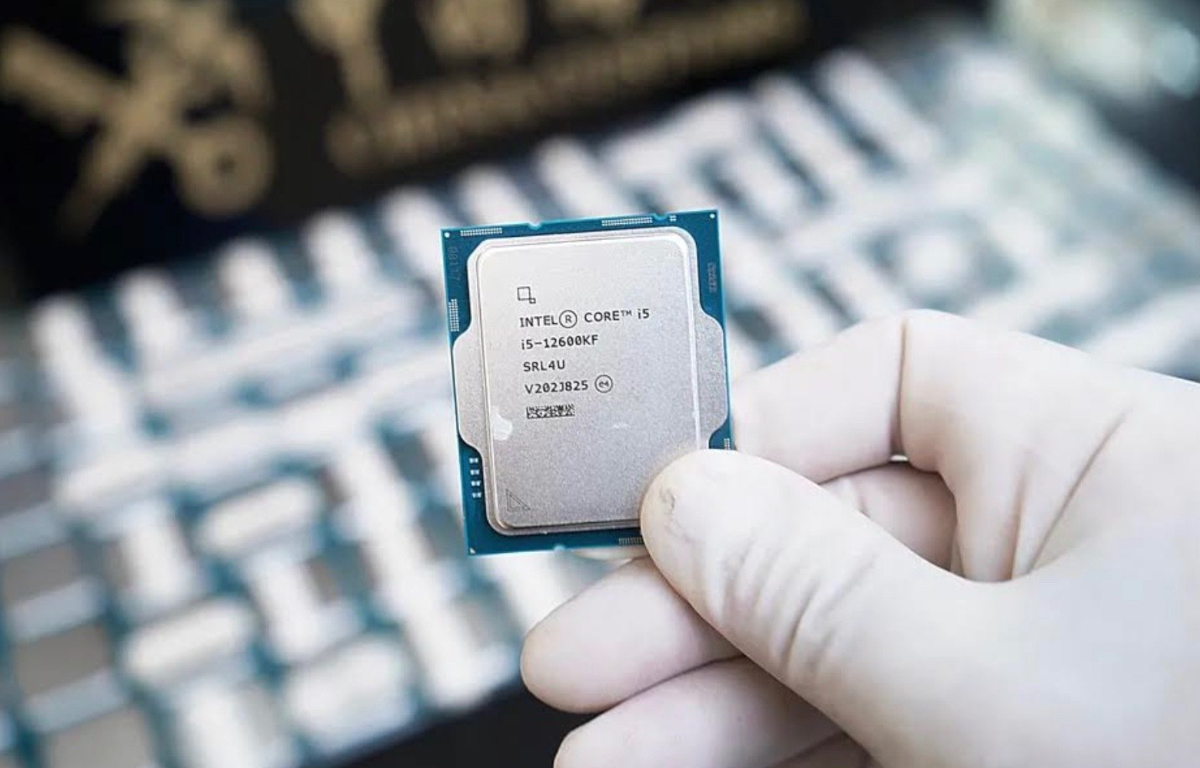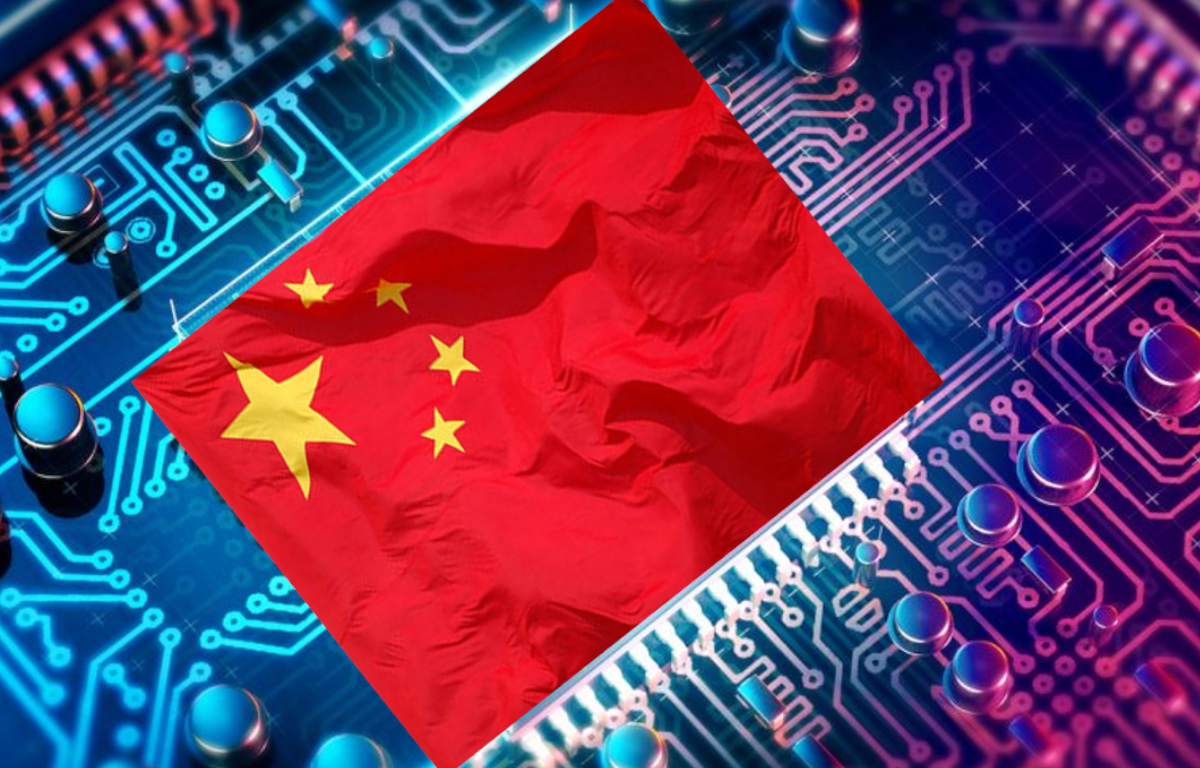
This strategic decision is part of China’s broader efforts to bolster its domestic tech sector, enhance cybersecurity, and achieve greater technological self-sufficiency.
China is home to a thriving tech industry, with companies like Huawei, Tencent, and Alibaba making significant strides in various domains, including telecommunications, e-commerce, and artificial intelligence. However, the country has long been dependent on foreign technology for certain critical components, particularly in the realm of computer hardware and software.
The recent push to remove Microsoft and Intel from Chinese computers stems from concerns over cybersecurity, data privacy, and national security. China aims to reduce vulnerabilities associated with using foreign technology that could potentially compromise sensitive data or be subject to external influence.
Microsoft’s Windows operating system and Intel’s processors have been ubiquitous in the global computer market, including China. However, China’s desire to lessen dependence on these companies reflects broader geopolitical and economic considerations.
As part of its strategy, China is promoting the development and adoption of domestic alternatives to foreign technology. This includes operating systems such as Kylin OS and Loongson processors developed by domestic companies like Sugon and Lenovo.
While reducing reliance on foreign technology presents challenges, including compatibility issues and the need for significant investment in research and development, it also offers opportunities for China’s tech industry to innovate and compete on a global scale. Moreover, promoting domestic technology can create a more secure and resilient tech ecosystem for China.
China’s push to remove Microsoft and Intel from its computers could have ripple effects across the global tech landscape. It may lead to increased competition among tech giants, spur innovation in domestic tech sectors, and influence how other countries approach their tech dependencies.
As China charts a course toward greater technological self-reliance, it faces complex challenges and opportunities. Balancing cybersecurity, innovation, and international cooperation will be key as China seeks to assert itself as a leading player in the global tech arena.










Share this: